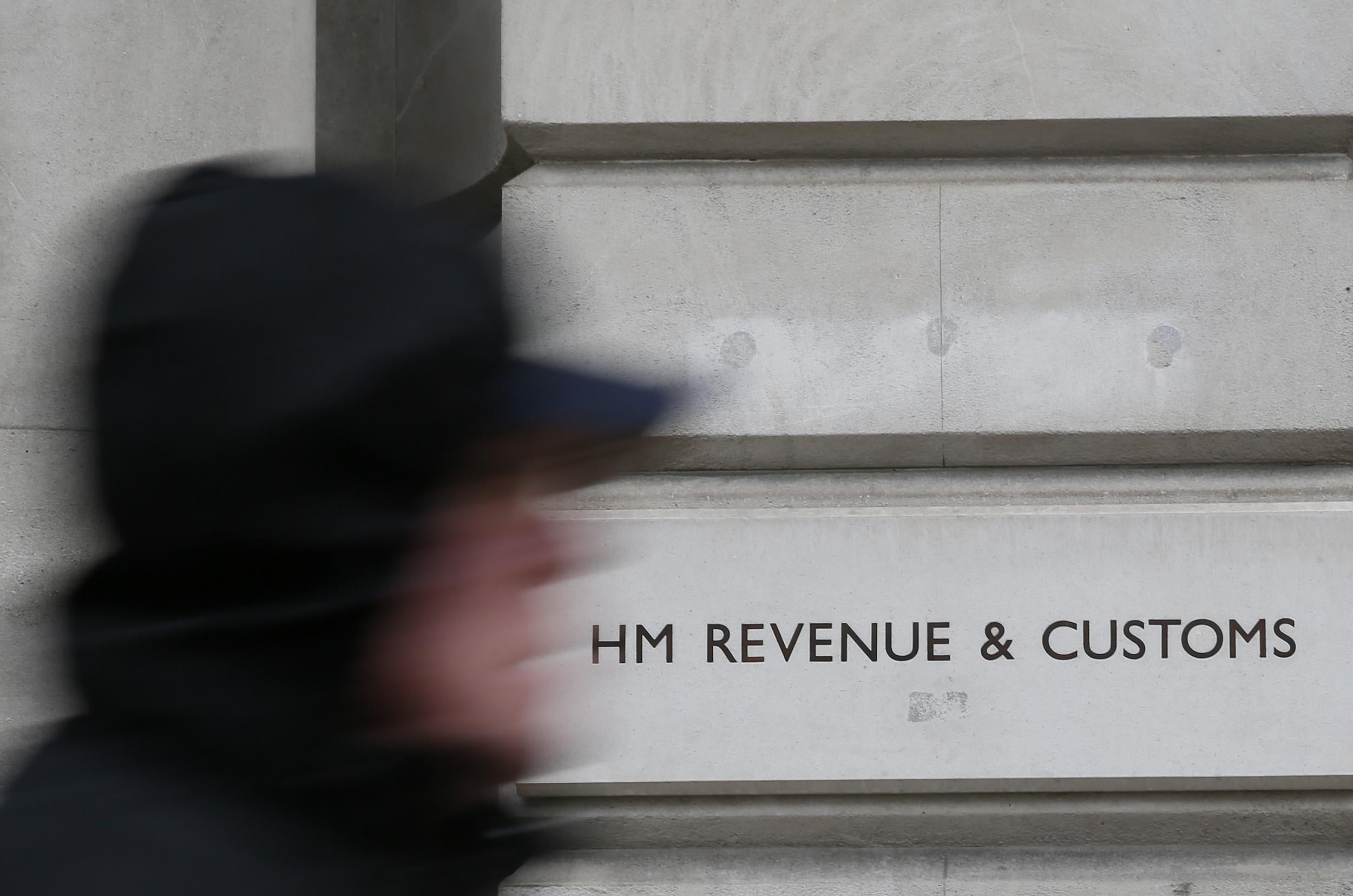HMRC’s multi-billion tax ‘bonanza’ sets new record
Personal tax revenue hits over £620bn – up £29bn in a year

Britons are paying the taxman record amounts despite the latest headline-grabbing giveaways.
Details of HMRC’s tax receipts published this week show they received £622.8bn in personal taxes for the 2018-19 tax year – up almost £29bn in just 12 months.
Income tax is Britain’s most expensive personal tax – raking in £190.5bn. Despite rises in the personal allowance, the taxman made £27bn more from income tax alone in the last tax year than it did in 2014-15.
Second priciest is National Insurance, earning HMRC £137.2bn, followed by VAT at £131.7bn.
Capital gains tax was up almost £1.5bn in a year – to £9.2bn – largely because of landlords selling off their bricks-and-mortar assets after a slew of changes (like the removal of tax relief on mortgage interest) started hitting them in the pocket.
Business news: In pictures
Show all 13Elsewhere, insurance premium tax hit £6.2bn – more than doubling since 2014-15 and even the new soft drinks tax generated £240m.
The only major personal tax to drop in 2018-19 was stamp duty land tax – partly as a result of changes to stamp duty for first time buyers.
“The taxman would make the world’s most irritating dinner date. Everything you do – from earning a crust to forking out a fortune on the high street – the taxman takes a huge bite for himself,” says Sarah Coles, personal finance analyst for Hargreaves Lansdown.
“Over time, those bites are getting bigger: the income tax bill is £27bn more than it was four years ago, and the VAT bill has climbed over £20bn. Meanwhile capital gains tax is up two thirds and the insurance premium tax take has doubled.
In many cases the taxman hasn’t had to increase taxes in order to take more of our money. He just waits for our incomes to rise and asset values to increase, and he’s set for what Ms Coles calls “a tax bonanza”.
Nowhere is that more painfully evident than the controversial inheritance tax. Receipts for this tax alone show a jump of almost 45 per cent in March from the previous month.
“Taking money from a grieving family who are burdened with the loss of a loved one and sorting their affairs, sounds like something a villain from a Dickensian novel would do,” says Rachael Griffin, tax and financial planning specialist at Quilter.
“Unfortunately, it’s a very real activity in the modern day and one that is reaping more and more revenue for the government.
“Inheritance tax in March 2019 jumped substantially, a 44.4 per cent increase from the previous month, and the government is at a loss for why.”
In fact, receipts for April 2018 to March 2019 are 3.1 per cent higher than the same period last year and the 2018-19 tax year show that inheritance tax (IHT) receipts are at the highest level both in annual revenue and as a proportion of GDP.
This particular tax take may be reined in a little next month after an increase in the residence nil rate band (RNRB) to £150,000 from 6 April this year. The rise gives taxpayers an additional threshold before IHT becomes due on their estate – a move which the government claims will remove some of the sting at least.
“However, our research shows that despite the residence nil rate band being in effect since 2017, just 41 per cent of people are aware of this complicated part of the inheritance tax landscape,” says Ms Griffin, who adds that less than half of Britons are aware of other fundamental inheritance tax rules such as the £3,000 gifting limit or the £325,000 nil rate band.
“Government claims that it has given the public all the tools it needs to navigate this tax system, but it’s as complex as assembling flat pack furniture with instructions written in a foreign language,” she says.
“In the modern world families are increasingly becoming more complex and we need a tax regime which functions with this in mind. These kinds of rules should be rethought so people have the freedom to gift to whoever they want and are not constrained by antiquated societal rules. A simple IHT regime gives people far greater opportunity to best plan their estates and make the most difference to future generations.”
Subscribe to Independent Premium to bookmark this article
Want to bookmark your favourite articles and stories to read or reference later? Start your Independent Premium subscription today.

Join our commenting forum
Join thought-provoking conversations, follow other Independent readers and see their replies